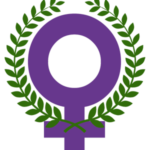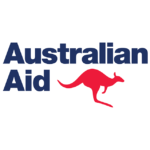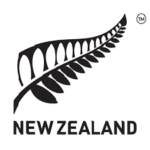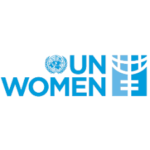2. Vanuatu Women’s Centre
The Vanuatu Women’s Centre Network
The Vanuatu Women’s Centre (VWC) is an independent women’s rights and civil society organisation based in Port Vila, established in 1992. VWC’s goal is to eliminate violence against women and children throughout Vanuatu. To achieve this long-term vision, VWC has a national program to prevent violence before it occurs, and to assist women and children living with this problem now. This is done through the national VWC Network including:
- the main centre of VWC in Port Vila;
- 5 Provincial Branches – Sanma Counselling Centre (SCC) established in 1995, Tafea Counselling Centre (TCC) established in 2001, Torba Counselling Centre (TOCC) established in 2011, Malampa Counselling Centre (MCC) established in 2015, and the Penama Counselling Centre (PECC) established in 2017;
- a rural volunteer network of 39 Committees Against Violence Against Women (CAVAWs) which undertake local community awareness activities to prevent violence, and assist women and children living in remote communities to end the violence in their lives; and
- a national network of trained male advocates (also volunteers) who work closely with and are accountable to VWC, the Branches and CAVAWs, and who apply a women’s human rights perspective to their day-to-day work within their organisations and communities.
VWC’s goal and vision is to eliminate violence against women and children throughout Vanuatu.
VWC’s national program
VWC’s nation-wide program has several integrated components and strategies (see summary of Vanuatu Women’s Centre national program and approach). The core strategy has always been to provide an effective and confidential crisis counselling service for women and children victims/survivors (Box 1). This aims to empower clients to make their own decisions about how to deal with the violence in their lives, and to claim their rights and access justice, including by providing individual legal advice and advocacy. This feminist strategy informs all other aspects of VWC’s work to eliminate violence against women and children.
Since the outset, VWC has worked to prevent violence against women and children, including by raising community awareness that it is a crime and violation of human rights. VWC’s prevention approach has focused on building understanding of the nature and impact of the violence, and the fact that it is caused by gender inequality. Legal advocacy for policy and legislative change is another important strand of VWC’s long-term prevention work, as well as training other agencies to understand the causes and consequences of violence against women and children. These strategies aim to improve the responses of other agencies when they are called upon to support and respond to women and children living with violence, and to challenge and change the attitudes and behaviours that fuel gender inequality.
Violence against women is a crime and violation of human rights. VWC’s national prevalence study concludes that it cannot be prevented unless “patterns of unequal power between women and men (gender inequality) are transformed … most risk factors that increase women’s likelihood of experiencing violence are related directly or indirectly to gender inequality in Vanuatu society”. (VWC and VNSO 2011: 14, 173-179.)
Training male advocates to reduce discrimination and promote equality between women and men, and between boys and girls, has been a feature of VWC’s approach for many years. Through the male advocacy program chiefs, police officers, church and other male leaders throughout the country undertake several week-long training sessions. These trainings and their ongoing contact with the VWC Network challenge them to change their behaviour at home, in their communities, and in their workplaces.
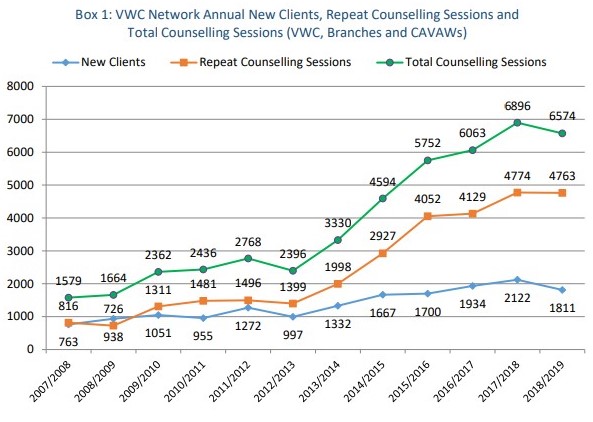
VWC’s research program
VWC’s first major research project was the national baseline study on prevalence, attitudes to and impacts of violence against women and girls in Vanuatu, undertaken in 2009 by VWC in partnership with the Vanuatu National Statistics Office.[i] VWC internal data collection on client services and prevention initiatives dates from its establishment.
This study on violence against young women and girls draws on ongoing information collected from the monitoring, evaluation, research and learning component of VWC’s work. VWC has aspirations to conduct further national and local research to highlight the impact of violence on women and children, and to improve the effectiveness of strategies to eliminate this damaging practice.
VWC’s partners
VWC’s strategy for eliminating violence against women and children has always been focused on working in partnership with other local and national organisations, particularly those with strong links to rural and remote areas and urban settlements. VWC has forged effective partnerships over many years with Provincial Government/Area Councils and a range of community leaders, including Chiefs/Councils of Chiefs, Provincial and local Councils of Women, youth leaders and organisations, and other community leaders. Working in collaboration with national government bodies including law and justice sector agencies, the health sector, and faith-based organisations have been a very important part of VWC’s advocacy and prevention work. In the future, VWC hopes to consolidate its work with youth and education sector agencies.
[i] Vanuatu Women’s Centre (VWC) and the Vanuatu National Statistics Office (VNSO) 2011, Vanuatu National Survey on Women’s Lives and Family Relationships, VWC, Port Vila.
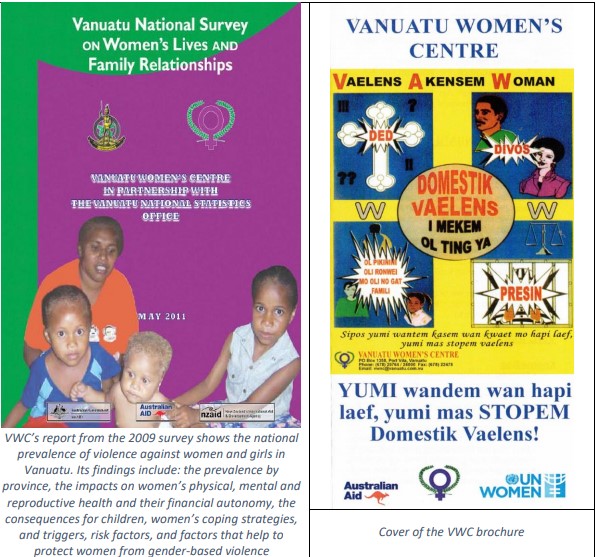
RISPEKTEM OL WOMAN MO OL PIKININI
“Respect women and children”
– VWC campaign T-shirt
